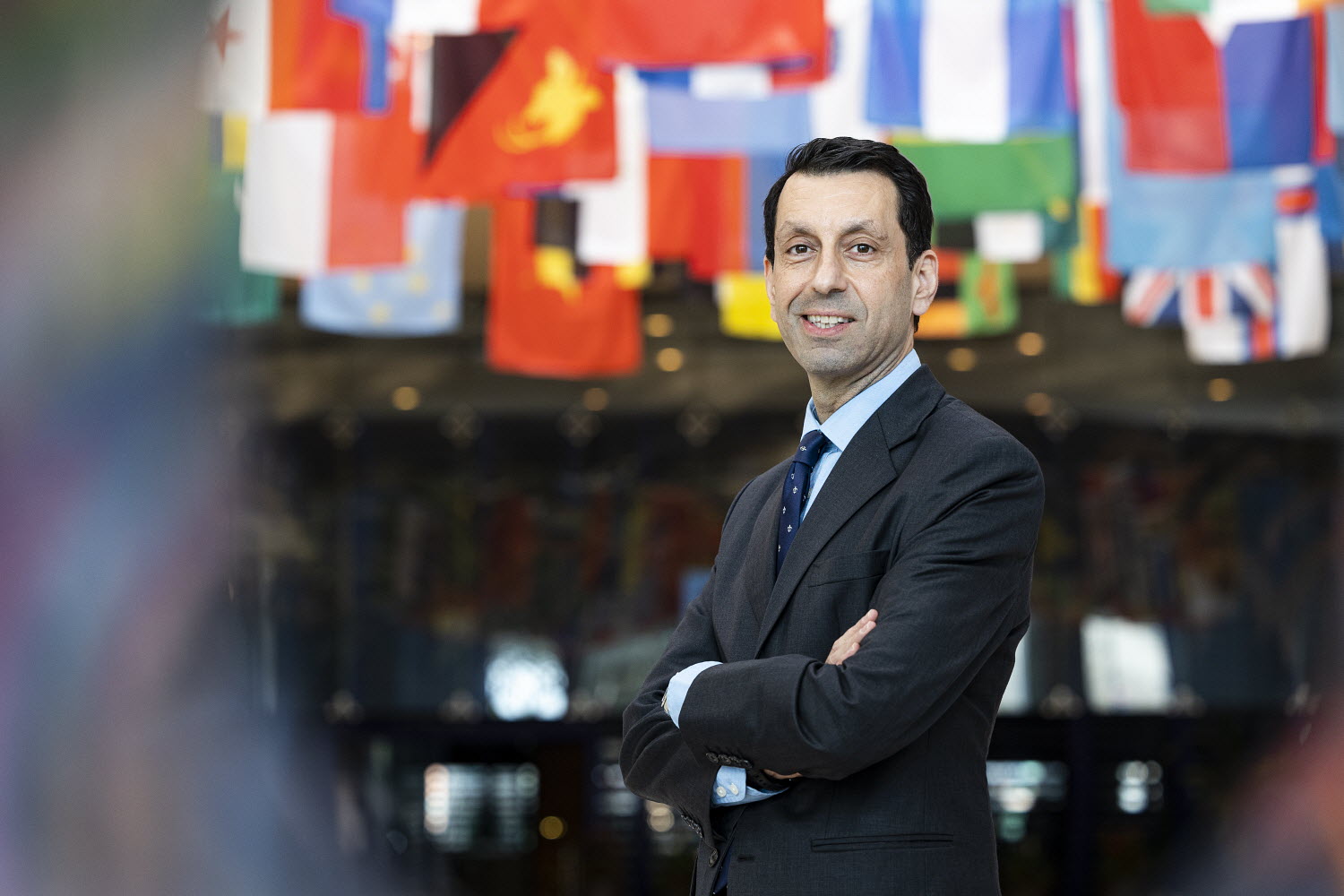As the world gears up for the 2023 United Nations Climate Change Conference, or COP28, in a year with soaring temperatures and progressive extreme weather events, attention is turning towards innovative solutions to address the climate crisis. The scientists from the Intergovernmental Panel on Climate Change (IPCC) said it earlier this year: the effective solutions to mitigate and adapt to climate change lie in climate-resilient development and holistic measures— including in the food and agriculture sectors. While agrifood systems contribute to about one-third of greenhouse gas emissions, they also hold a huge potential for positive climate action. The key challenge is finding ways to feed a growing population while reducing the carbon footprint and environmental impact.
Solutions for agrifood systems bring multiple benefits, including climate action
Amid growing climate impacts and slow progress on cutting greenhouse gas emissions, sustainable agrifood systems practices can help countries and communities to adapt, build resilience, and mitigate emissions, ensuring food security and nutrition— in a world where around 735 million people are going hungry— and while reversing environmental degradation and its impacts.
“We already have solutions to tackle climate change, and many of these solutions, whether it is agroforestry, restoration of soils, sustainable livestock, or fisheries management, have multiple benefits as they can also support the sustainable use of biodiversity, as well as help with food security—multiple benefits from the same solutions that only agriculture and food systems offer,” explains Zahedi.

Photo credit must be given: ©FAO/Giuseppe Carotenuto. Editorial use only. Copyright ©FAO.
Agrifood systems and negotiations
FAO will also support countries that are working hard on these issues through official negotiations and the Sharm el-Sheikh joint work on the implementation of climate action on agriculture and food security.
“This joint work is very important because it brings the discussion on agriculture, on food systems, to some degree, into the heart of the negotiation process and it allows us to talk about the solutions that this sector offers for climate’’, Zahedi explains.
At COP28, countries will negotiate a work plan for this Joint Work, including a coordination structure within the United Nations Framework Convention on Climate Change (UNFCCC). Negotiators will also explore opportunities for financing.
Source: Food and Agriculture Organization (FAO)





